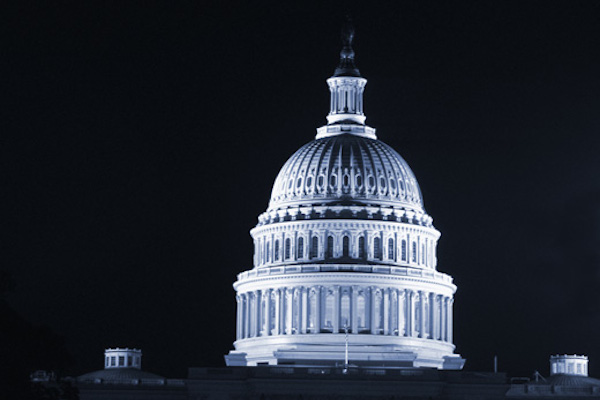
Ronald Reagan campaigning with Nancy Reagan in Columbia, South Carolina. Oct 10, 1980. (Credit: Reagan Presidential Library)
“Getting trapped in Reagan’s ideological framing” is a theme you can probably expect me to continue to expand upon soon, but I wanted to quote some key passages from an excellent article from July by economist George R. Tyler (formerly of the U.S. Treasury Department), to help set the stage for my future arguments on this point:
…a host of proposals to address wage stagnation and the ensuing economic malaise of middle- and working-class Americans.
Few quibble with the problem, and a host of constructive solutions have surfaced…
Good ideas all, but they share a common framework provided by Reaganomics in which returns to labor are ultimately dictated by market forces. […]
Government wage subsidies, educational enhancements, daycare and the other economic menu offerings shuffle income from taxpayers and employers to the middle class. Yet […] the salad bar contains no market disruptors, the essential ingredient to restoring middle class prosperity.
The reforms are offered within the conceptual framework provided by Reaganomics that eschews market disruptors.
[…]
American middle-class prosperity is being held hostage by Reaganomics. Only when reforms offered by Democrats move beyond that conceptual framework by linking wages to productivity can its prospects brighten.
Various specifics come up in Tyler’s article (and many of his other articles) with regard to wages, of course.
But the bigger picture point here is a good one that many Democrats should do well to take a harder look at: Are we on the left no longer seriously pushing big and transformative ideas because we’re still trapped inside an ideological box (or Overton Window) framed by the rhetoric and views of Ronald Reagan and his legion of devotees now in government?
Even many dedicated progressive policymakers, policy developers, and policy activists are perhaps still too constrained in what they imagine in possible and are reluctant to push back — and to push the American people to see government as possible solution and partner, not as the source of all ills like the Reagan Revolution insisted.
Again, more on this down the line, but I want to get the ball rolling with the quotes above.





